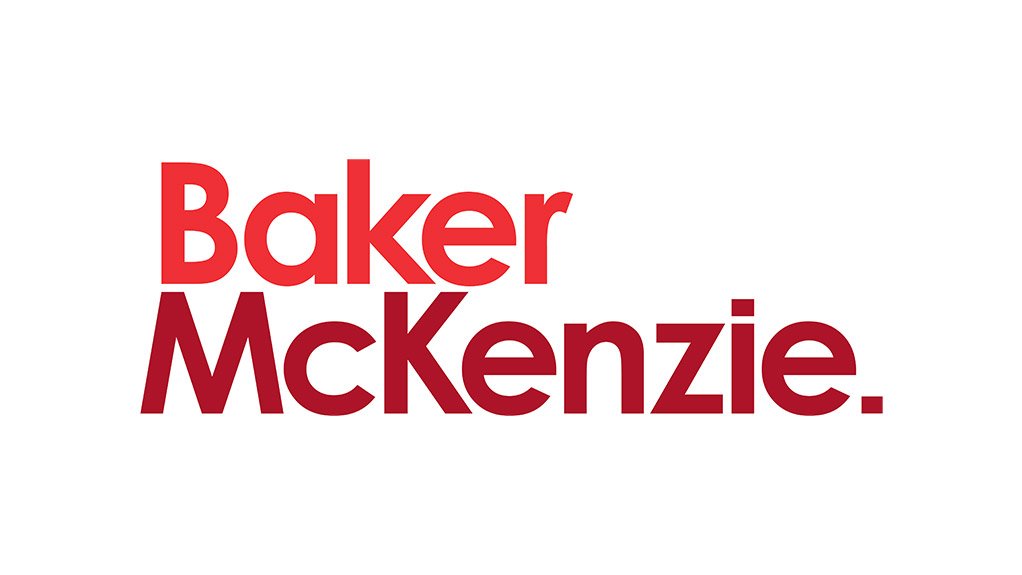Two recent legal cases reveal that the South African High Court is inclined to permit arbitration and will ensure the arbitration route has been exhausted before making decisions on a matter, and that it is serious about the application of international arbitration laws.
In Lukoil Marine Lubricants DMCC v. Natal Energy Resources and Commodities (Pty) Ltd (16 March 2023), the parties entered into a distribution and sales agreement for marine lubricants. This agreement was effective for a period of five years, and it would thereafter be automatically renewed for successive five-year periods. Three years into the agreement, the parties had disputes that were related to stock losses, audits and other issues not noted in the judgment. To salvage the contractual relationship, the parties concluded a settlement agreement and further signed a separate service provider agreement (Service Agreement(s)). These agreements included an arbitration clause, which stated that the disputes that arise from these agreements will be resolved by the rules of the London Maritime Arbitrators Association and governed by English law.
Following the conclusion of these contracts, Lukoil Marine Lubricants DMCC (Lukoil) alleged that Natal Energy Resources and Commodities (Pty) Ltd (Natal) breached the Service Agreement and purported to terminate it. Lukoil then commenced legal proceedings against Natal in the South Africa High Court; in its papers, it requested a repayment of USD 500,000. Natal raised two defences to the averments made by Lukoil, one of them being that this matter must be resolved by arbitration in terms of London rules. This is because the matter arises from a dispute that is related to the Service Agreement, which has an arbitration clause.
The court, in its decision, held that the application made by Lukoil should be “stayed pending the finalization of the arbitration proceedings in London, as this is the most feasible solution in this circumstance.” The court made the decision since Natal argued that the Service Agreement and the settlement agreement both included an arbitration clause, and it would not be fair if this avenue was not fully pursued before taking the matter to the South Africa High Court. The court also relied on Tee Que Trading Services (Pty) Ltd v. Oracle Corporation South Africa (Pty) Ltd and Another (065/2021) [2022] ZASCA 68 (17 May 2022) and stated that based on this case, nothing bars the parties from conducting an arbitration in London.
In this case, the court followed an International Arbitration Act (IAA) approach. In accordance with the IAA, the court is obliged to stay proceedings unless the arbitration agreement is null and void, inoperable, or incapable of being performed. Accordingly, the IAA leaves no room for judicial discretion or feasibility considerations, and in this case, a stay was considered to be the only appropriate course of action.
Another case High Court case - GFE MIR Alloys and Minerals SA (Pty) Ltd v. Momoco International Limited (24 August 2023) - dealt with a situation where an arbitral award was obtained by Momoco International Limited (Momoco) under the rules of the China International Economic and Trade Arbitration Commission, by a tribunal seated in Beijing. This award required GFE MIRAlloys and Minerals SA to pay a substantial amount to Momoco. This is because Momoco supplied goods to GFE, but GFE failed to pay Momoco.
Momoco approached the South Africa High Court and applied for the recognition and enforcement of the arbitral award in terms of Section 16 of the IAA. GFE argued that the arbitral award is against public policy because Momoco was guilty of tax evasion in the United Kingdom. Thus, enforcing this arbitral award would be an infringement of Section 18 of the IAA.
The High Court held that GFE had not proven the claim of tax evasion and further held that these allegations did not relate to the application made by Momoco because the tax evasion was a UK matter for the UK authorities to deal with. Having been argued before (and dismissed by) the arbitral tribunal, the court was obliged to give regard to the tribunal’s decision, “which is a worldwide tradition.” Considering this, the High Court held that GFE had not proven that the enforcement of the arbitration award would be contrary to public policy and declared the arbitration award to be made an order of the court in accordance with Article 17 of the IAA (Momoco International Limited v. GFE-MIR Alloys and Minerals SA). GFE then applied to the court for leave to appeal the order, making the arbitral award an order of court.
The court dismissed GFE’s application for leave to appeal and continued to recognise the arbitral award as an order of court. The court’s reason for rejecting GFE’s application was that GFE failed to discharge the onus that the arbitral order was against public interest. According to the IAA, arbitral awards are prima facie enforceable, and in this case, GFE failed to meet the burden of proof. The court showed a pro-arbitration approach and stated that a mere allegation of tax evasion is not enough for an arbitral award to be set aside.
This further reveals that courts in South Africa place a lot of weight on arbitration awards and that parties need to be clear and get their evidence right when trying to have an arbitration award dismissed. In addition, this particular case reveals that South African courts are serious about recognising and applying the New York Convention.
The new edition of the Baker McKenzie International Arbitration Yearbook can be accessed here: https://bmcknz.ie/3ziCXaN. In its 17th year, the Yearbook provides important legal and case law developments in international arbitration across 40-plus jurisdictions worldwide, including in South Africa.
Written by Kylie Slambert, Associate, and Kamogelo Mashigo, Trainee, Dispute Resolution Practice, Baker McKenzie Johannesburg
EMAIL THIS ARTICLE SAVE THIS ARTICLE ARTICLE ENQUIRY
To subscribe email subscriptions@creamermedia.co.za or click here
To advertise email advertising@creamermedia.co.za or click here











